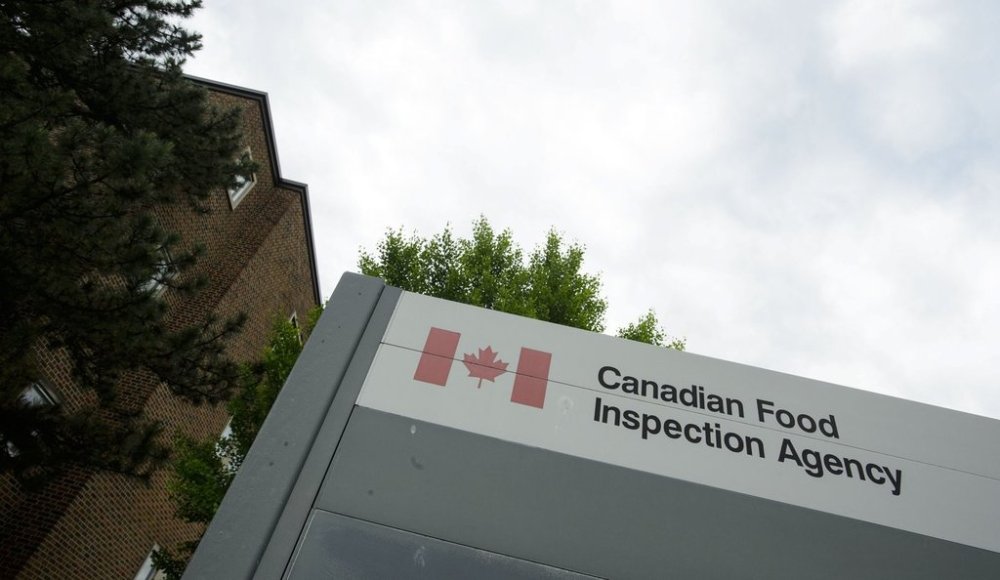Canadian Food Inspection Agency finds rare disease at B.C. commercial pigeon premises
Advertisement
Read this article for free:
or
Already have an account? Log in here »
To continue reading, please subscribe:
Monthly Digital Subscription
$0 for the first 4 weeks*
- Enjoy unlimited reading on winnipegfreepress.com
- Read the E-Edition, our digital replica newspaper
- Access News Break, our award-winning app
- Play interactive puzzles
*No charge for 4 weeks then price increases to the regular rate of $19.00 plus GST every four weeks. Offer available to new and qualified returning subscribers only. Cancel any time.
Monthly Digital Subscription
$4.75/week*
- Enjoy unlimited reading on winnipegfreepress.com
- Read the E-Edition, our digital replica newspaper
- Access News Break, our award-winning app
- Play interactive puzzles
*Billed as $19 plus GST every four weeks. Cancel any time.
To continue reading, please subscribe:
Add Free Press access to your Brandon Sun subscription for only an additional
$1 for the first 4 weeks*
*Your next subscription payment will increase by $1.00 and you will be charged $16.99 plus GST for four weeks. After four weeks, your payment will increase to $23.99 plus GST every four weeks.
Read unlimited articles for free today:
or
Already have an account? Log in here »
CHILLIWACK – Canada’s food inspection agency says it has uncovered a case of Newcastle disease at a commercial pigeon operation in Chilliwack, B.C., requiring the birds to be culled and the premises to be disinfected.
The Canadian Food Inspection Agency says the virus affects both wild and domestic birds and can cause pink eye in humans.
It says the ailment is of great concern to the world’s agricultural community since it’s highly contagious and threatens poultry.

The agency says mild strains affect domestic poultry and pigeons and more severe strains can kill chickens.
It says Newcastle disease can decrease egg production in domestic birds and cause high numbers of sudden deaths in a flock, while wild birds can develop wing paralysis and be left unable to fly.
It says the risk to humans is low if gloves are worn while handling infected birds, and that the disease was rarely found to kill wild birds before 1990.
This report by The Canadian Press was first published June 18, 2025.

